El estudiante interesado en ingresar a la Ingeniería en Electrónica y Control de sistemas de aeronaves, en la Universidad Aeronáutica en Querétaro debe cumplir con los siguientes:
El Ingeniero en Electrónica y Control de Sistemas de Aeronaves cuenta con las competencias profesionales necesarias para su desempeño en el campo laboral, en el ámbito local, regional y nacional.
Professional competencies are the skills that allow the engineer to develop activities in his work field, to adapt to new environments, as well as transfer, if needed, his knowledge, skills, and attitudes to forthcoming professional areas.
1. To Design and develop control systems oriented to critical safety in aircraft through the detection of needs, the application of control theories and methodologies, electronic circuits and software development, real-time application development platforms, as well as the verification and validation of the process, considering the applicable aeronautical regulations to contribute to innovation, technology transfer and strengthen the sector.
1.1. To Design control systems oriented to critical safety in aircraft through the detection of needs and analysis of information on functionality and safety in aircraft systems, their modeling, and design, considering the theories and mathematical tools, of critical real-time computational systems, control, and electronic systems, based on the applicable aeronautical regulations in critical safety, for its construction and to meet the needs raised.
1.2. To Build control systems oriented to critical safety in aircraft through the definition of the functionality and safety specifications of the components in aircraft systems, the planning, design, and development of control software and electronic circuits, as well as the techniques of integration and validation of its components, based on the applicable aeronautical regulations in critical safety, to meet the functionality requirements of the process and respond to the needs of the productive sector
The Engineer in Electronics and Control of Aircraft Systems will be able to work in:
The Engineer in Electronics and Control of Aircraft Systems will be able to work as:
To Train Engineers in Electronics and Control of Aircraft Systems with attitudes, values, knowledge, and skills in the design of safe software, control, and electronics to integrate, design, and control aircraft parts and applications in the aerospace industry under safety standards, discipline and quality for the social, economic and cultural development of Mexico.

Carretera Estatal 200 Querétaro – Tequisquiapan No. 22154
Col. Parque Aeroespacial de Querétaro.
Colón, Querétaro. México
C.P. 76278
Teléfono: (442) 101 66 00
2022 | Universidad Aeronáutica en Querétaro